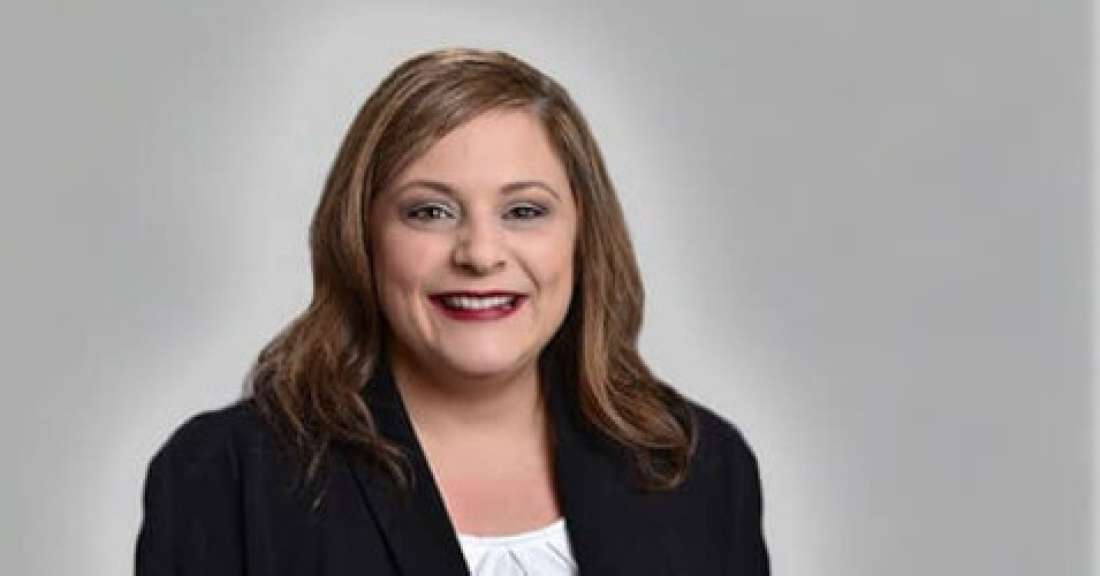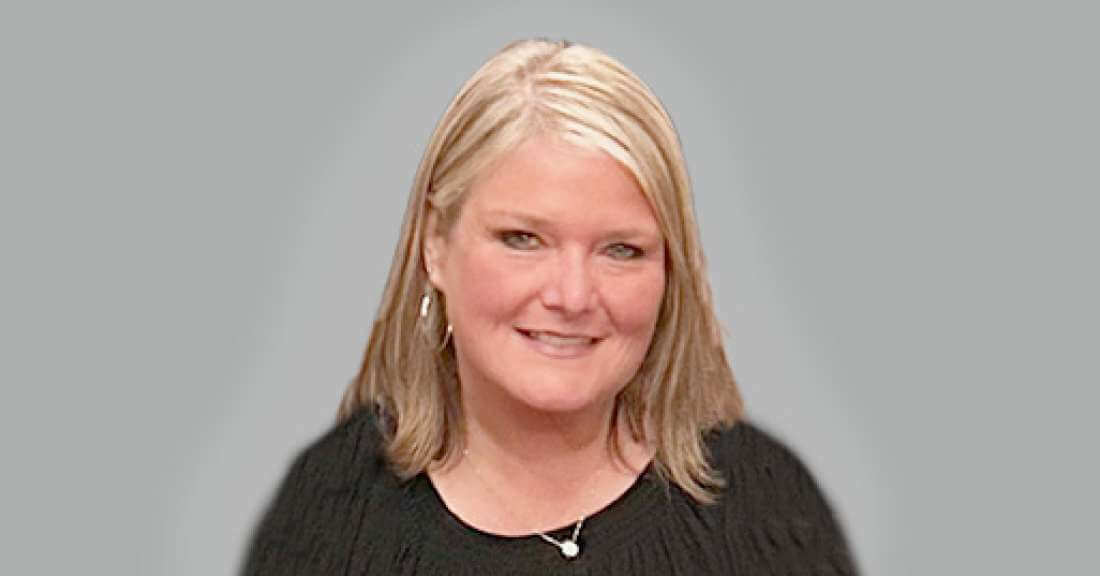Online Degree & Certificate Programs
Marymount emphasizes intellectual curiosity, service to others, and a global perspective.
We are a comprehensive Catholic university, guided by the traditions of the Religious of the Sacred Heart of Mary, that will guide your intellectual, ethical, and spiritual development. Our online degree and certificate programs through the College of Business, Innovation, Leadership, and Technology (BILT) and the College of Health and Education promote career preparation and provide opportunities for personal and professional growth.
We strive to be nationally recognized for innovation and commitment to student success, alumni achievement, and faculty and staff excellence, and that begins with a student‐centered learning community that values diversity and focuses on the education of the whole person. It begins with you.
Your Questions Answered
Submit your information to access a comprehensive digital program guide. One of our dedicated admissions advisors will also contact you shortly.
- Course Descriptions
- Admission Requirements
- Tuition Rates














